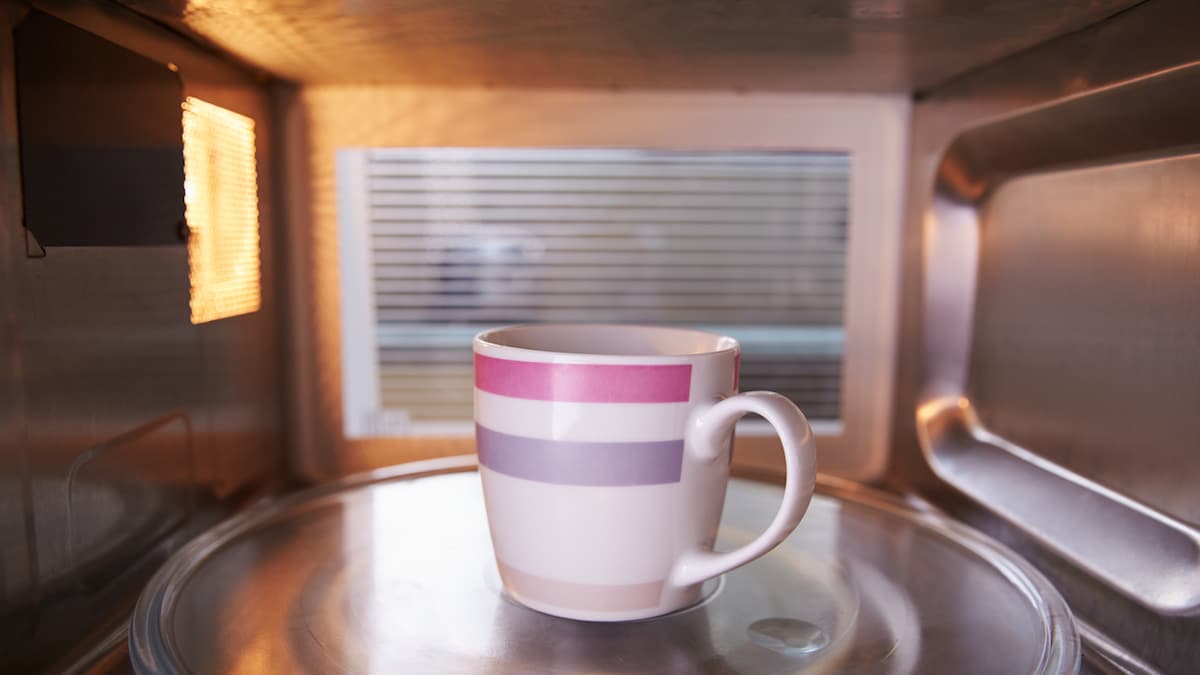1. Potential for Iron Deficiency
Reheating tea can lead to iron deficiency in your body. Tea leaves contain tannins, compounds responsible for tea’s color and taste. When tea is reheated, the concentration of tannins increases, which can hinder the absorption of nutrients like iron. Studies suggest that tannins can reduce iron absorption from food by up to 30-40%. Over time, this can lead to low iron levels, impacting energy and overall well-being.
2. Increased Acidity and Digestive Discomfort
Reheating tea, especially tea with milk, can also lead to acidity and digestive issues. When tea leaves are overcooked or reheated, they develop an acidic nature that, when combined with milk, can irritate the stomach lining. This acidity can trigger heartburn, acid reflux, and digestive discomfort that can last throughout the day. To minimize these effects, try opting for tea without milk or using lactose-free options like almond or coconut milk.
3. Risk of Dehydration Due to Increased Caffeine
Reheating tea can also increase caffeine levels. The longer tea is heated, the more caffeine is released, turning it into a mild diuretic. This can lead to frequent trips to the bathroom, potentially causing dehydration if you’re not drinking enough water. Caffeine can also disrupt the balance of hydration in your body, especially if you rely heavily on tea throughout the day.
Tips for Healthy Tea Consumption
For a healthier approach to tea, consider these expert recommendations:
- Avoid reheating: Try to drink tea fresh instead of reheating it. If you often find your tea going cold, make smaller portions to ensure it’s always hot.
- Limit steeping time: Dimple advises against steeping tea leaves for more than 3-5 minutes to prevent an excessive release of tannins and caffeine.
- Consider herbal options: Herbal teas like chamomile, hibiscus, dandelion, and green tea have lower tannin levels and offer various health benefits, including detoxification and digestion support.
By following these simple practices, you can enjoy tea’s comforting warmth and health benefits without risking iron deficiency, acidity, or dehydration. Here’s to a healthier cup of tea!

